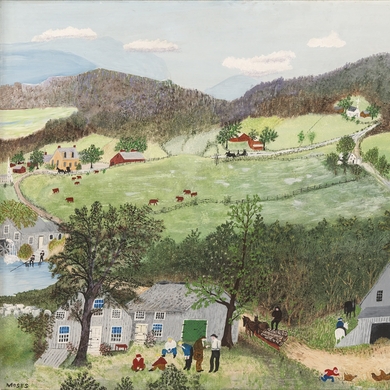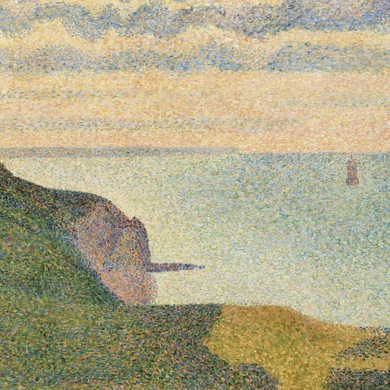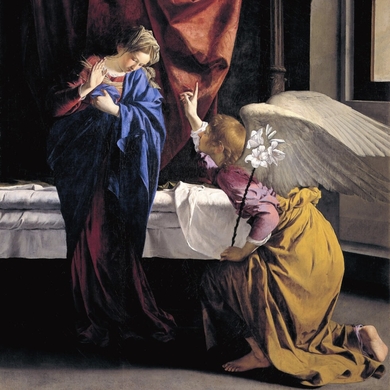Edvard Munch is known for fearful imagery and figures that embody existential crisis. His childhood in Norway was marked by loss and instability—his mother died in 1868, and his father’s anxieties were turbulent. “My father was temperamentally nervous and obsessively religious—to the point of psychoneurosis,” Munch once said. “From him I inherited the seeds of madness. The angels of fear, sorrow, and death stood by my side since the day I was born.” Munch traveled widely, suffered mental breakdowns—most notably in 1908—and spent his final two decades in solitude. This exhibition, featuring 100 works on loan from his eponymous museum, in Oslo, traces his troubled life through the paintings that defined it. It’s the first show on the artist in Rome in 20 years. —Elena Clavarino
Arts Intel Report
Munch: Il Grido Interiore

Edvard Munch, Starry Night, 1922–24.
When
Feb 11 – June 2, 2025
Where
Etc
Photo © Munchmuseet
Nearby
1
Art
Palazzo Barberini



